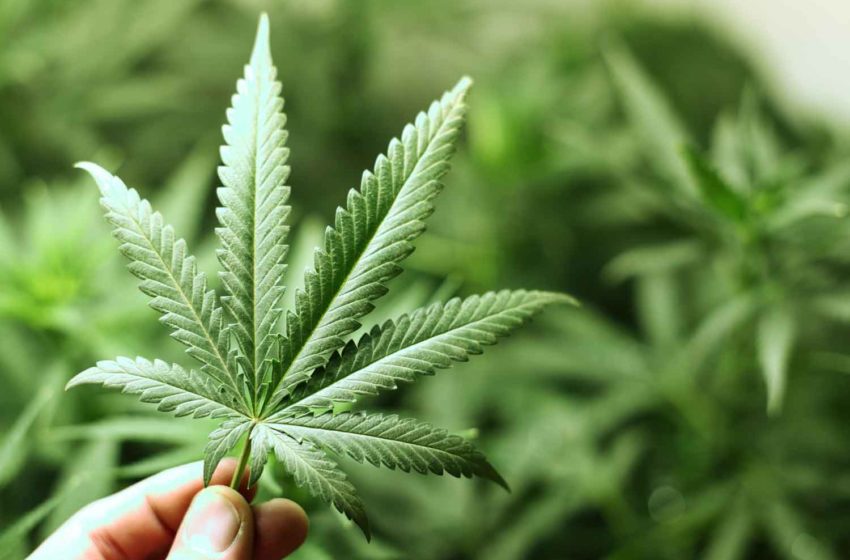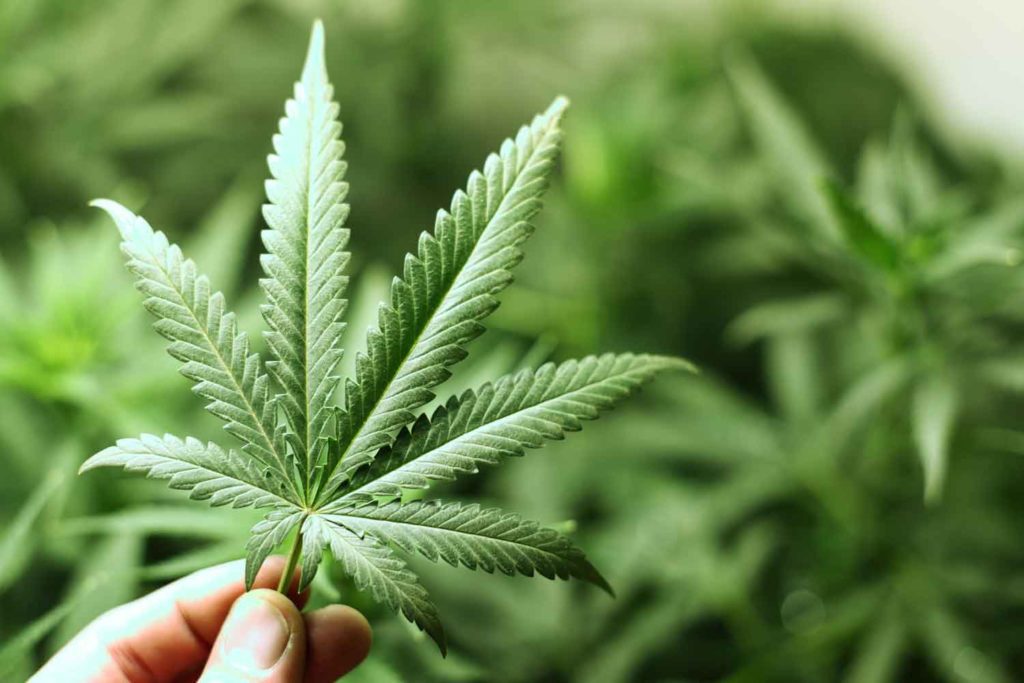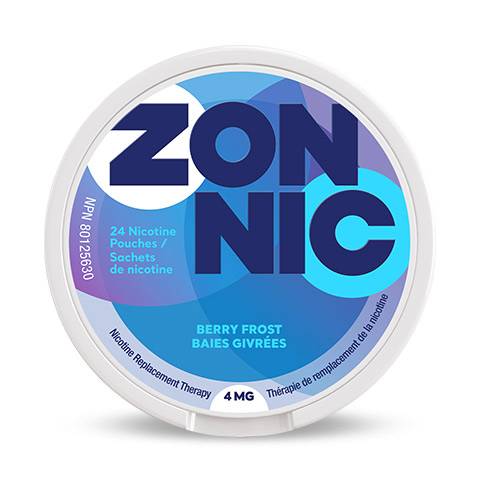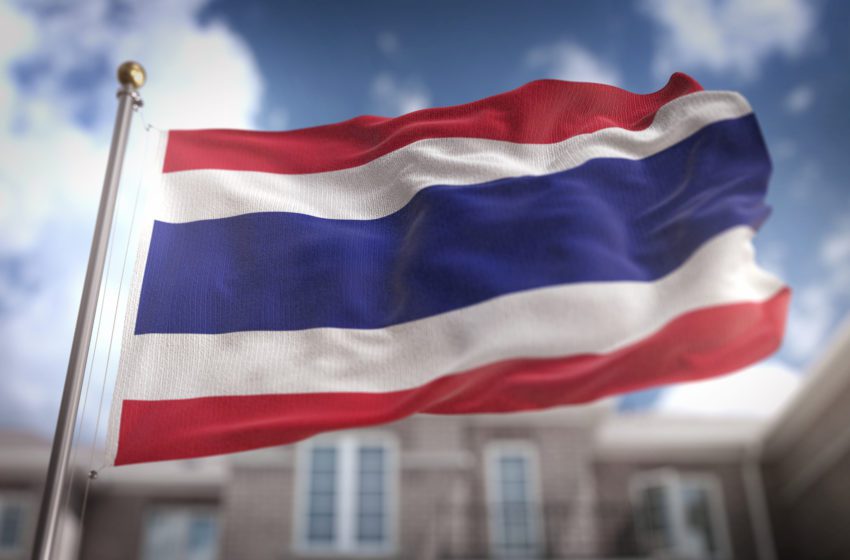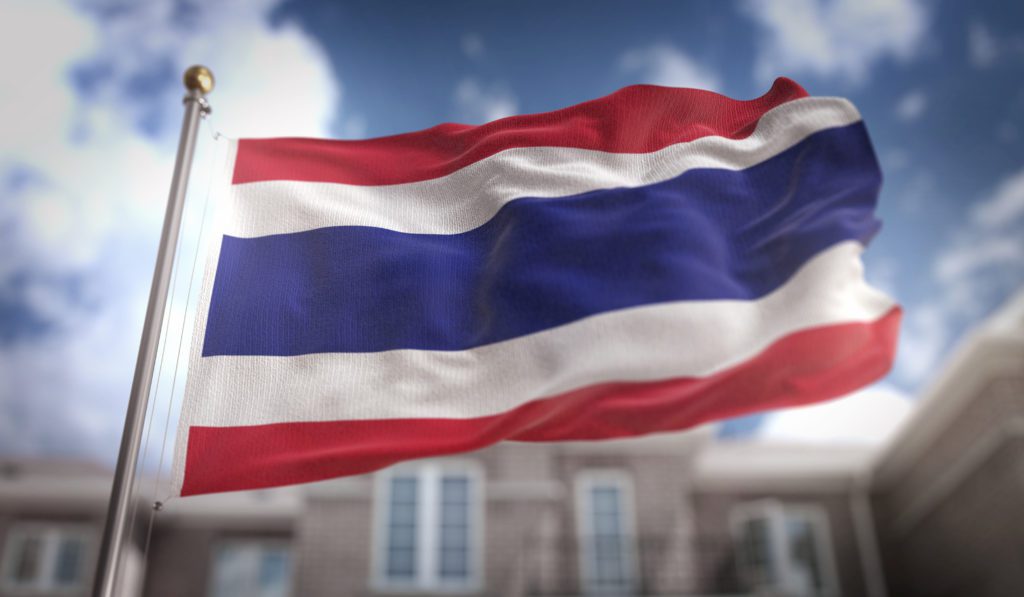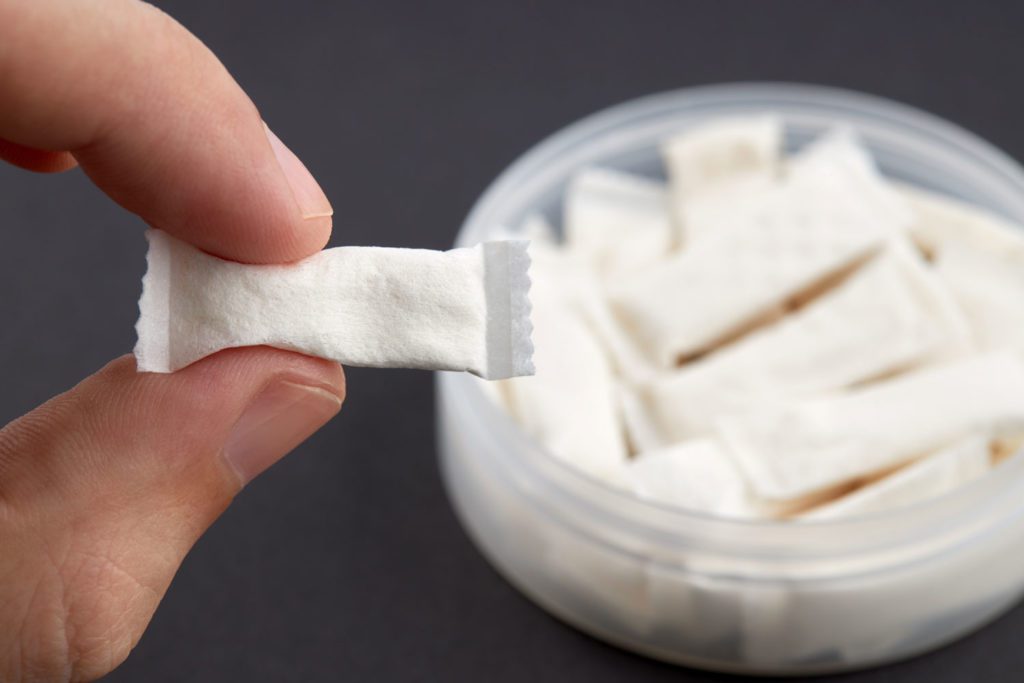
San Francisco is cracking down on the online sale of flavored nicotine pouches. The new lawsuit targets a handful of online retailers that the city says are violating its prohibition on flavored tobacco products.
Unflavored versions of the product, which are sold at corner stores and tobacco shops in the city, will remain available for online purchase.
“The tobacco industry has gone to tremendous lengths to reinvent their products to addict young people,” said City Attorney David Chiu. “We aren’t going to allow these companies to disregard the law and unravel decades of progress on preventing youth from using tobacco.”
The Standard obtained a draft of the complaint, which was filed Tuesday in San Francisco County Superior Court. The suit alleges that Northerner Scandinavia, Lucy Goods, Rogue Holdings, and Swisher International sell flavored nicotine pouch products online to San Franciscans despite the ban.
“Tobacco companies market nicotine pouches as discreet — the ‘perfect way to enjoy the nicotine you love without getting noticed, and without the risk of staining your teeth’; and claim that they are smoking cessation devices that help users ‘focus better, think deeper, chill out smoother, and inspire creativity,’” the complaint states.


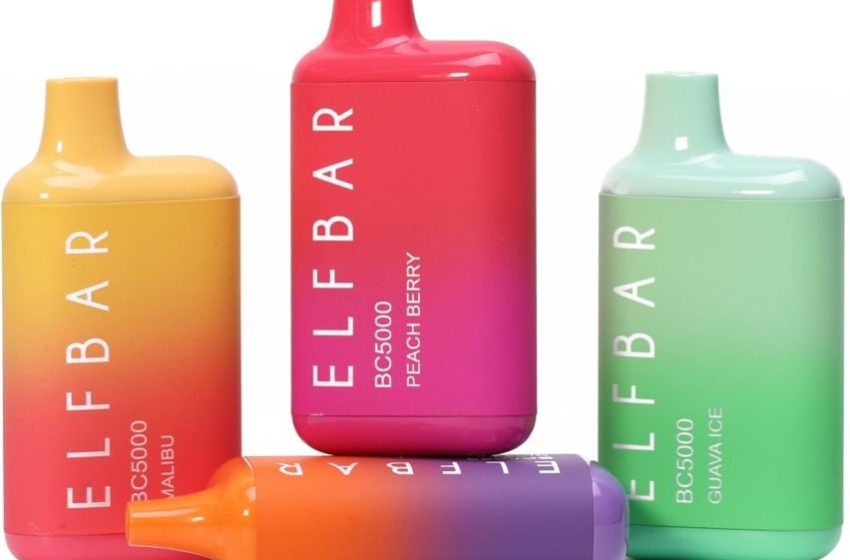
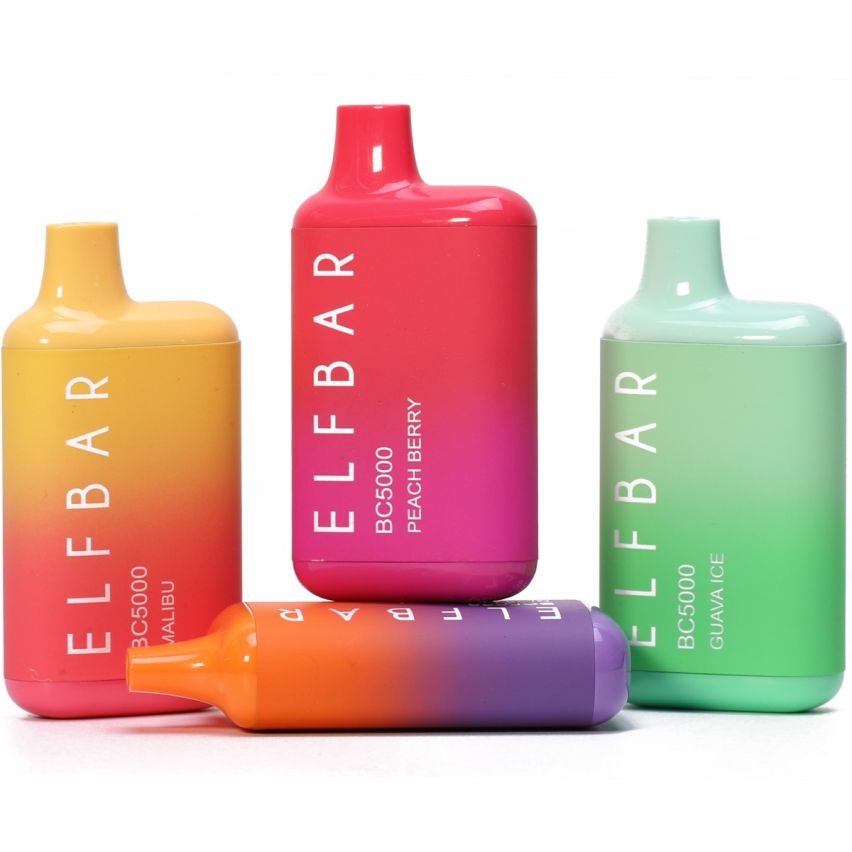
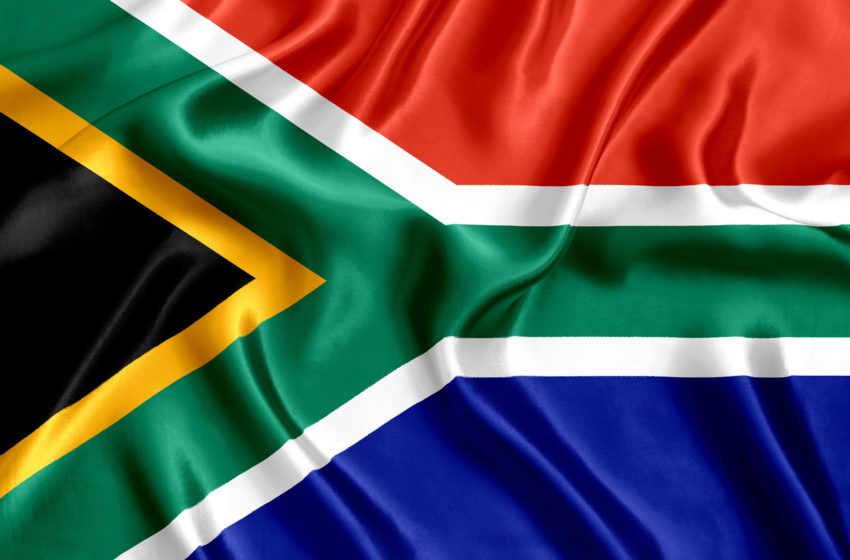
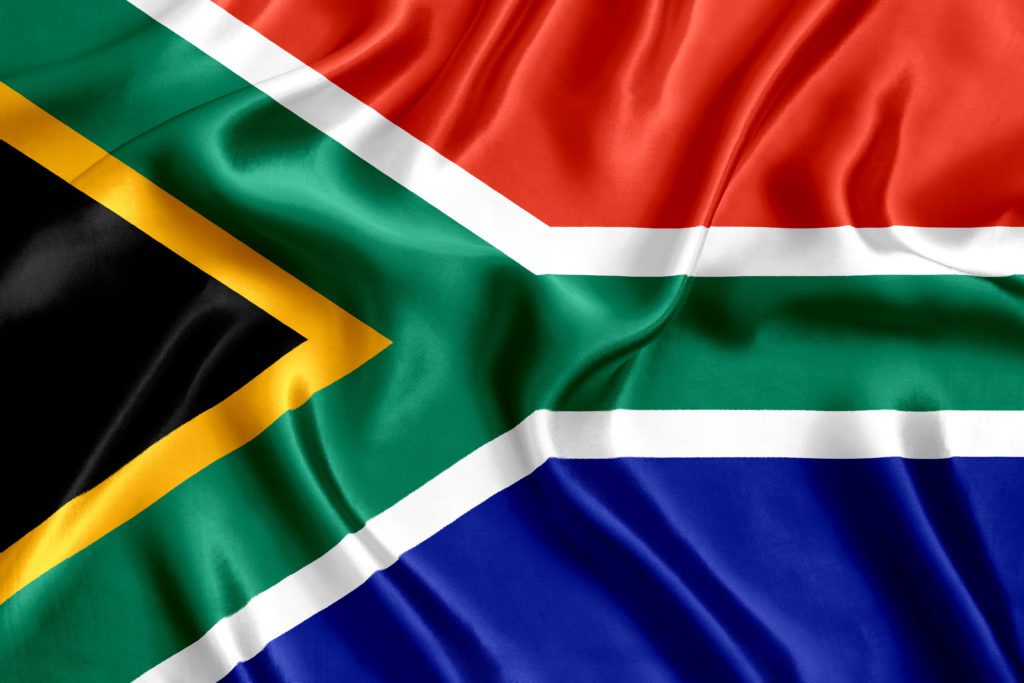



 Keller and Heckman will hold its nineth Annual E-Vapor and Tobacco Law Symposium Jan. 27-28, 2025, in Las Vegas, right before the Total Product Expo. This two-day seminar is designed to provide in-depth knowledge on legal, regulatory and scientific issues that are essential for tobacco, nicotine and CBD/hemp product manufacturers, suppliers, distributors and retailers.
Keller and Heckman will hold its nineth Annual E-Vapor and Tobacco Law Symposium Jan. 27-28, 2025, in Las Vegas, right before the Total Product Expo. This two-day seminar is designed to provide in-depth knowledge on legal, regulatory and scientific issues that are essential for tobacco, nicotine and CBD/hemp product manufacturers, suppliers, distributors and retailers.